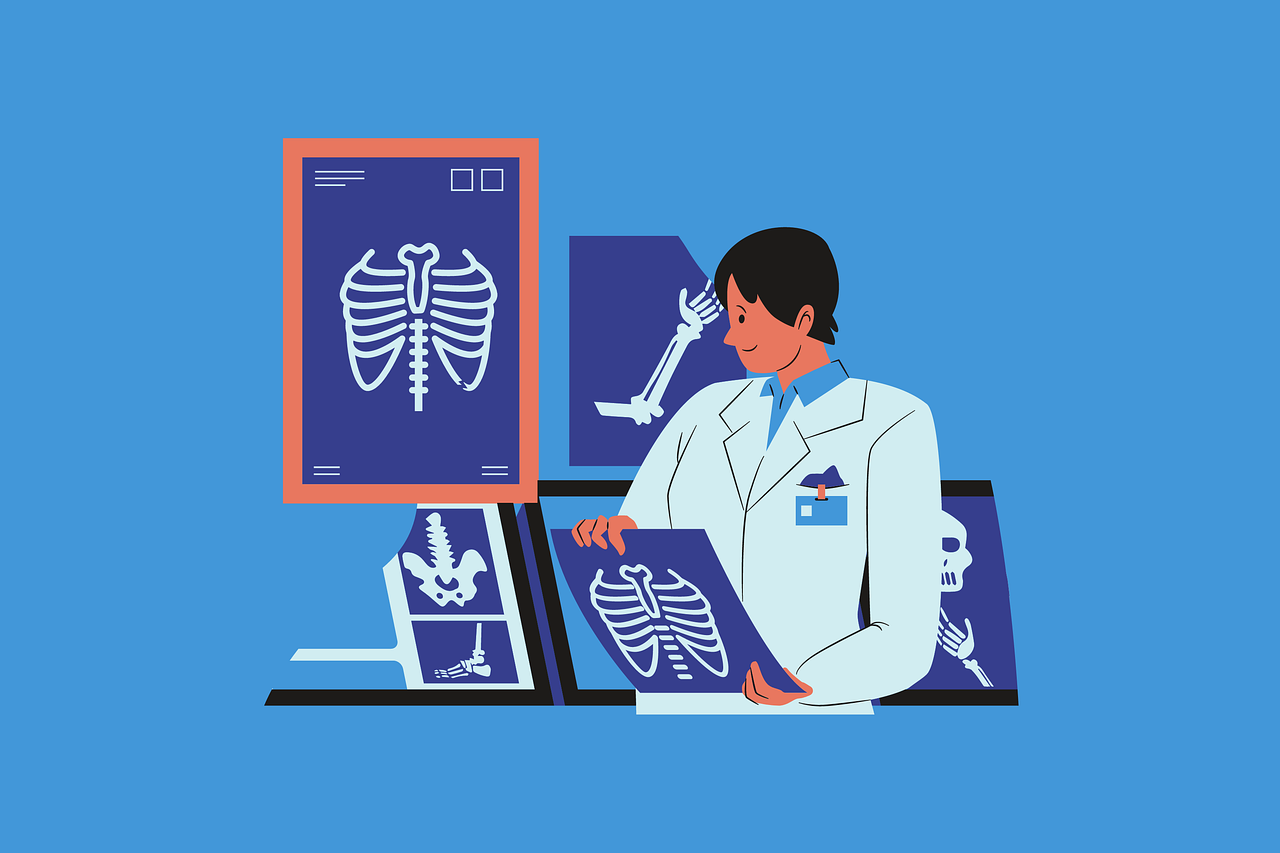
USMLE Step 1 Explained

As a medical student, one of the biggest hurdles you’ll face is the United States Medical Licensing Examination (USMLE) Step 1. This exam is a crucial step toward becoming a licensed physician in the United States, and it can be a daunting experience for many students.
This blog post will explain everything you need to know about Step 1 USMLE. From what it is to how it’s structured to tips for studying and preparing for the exam, we’ll cover all the bases so you can confidently approach the test.
What is USMLE Step 1?
Step 1 USMLE is a computer-based exam assessing your understanding of foundational medical concepts. It’s the first of three exams you’ll need to pass to obtain your medical license in the United States. The other two exams are Step 2 (which focuses on Clinical Knowledge) and Step 3.
The USMLE Step 1 exam is typically taken after your second year of medical school and covers anatomy, biochemistry, microbiology, pathology, pharmacology, and physiology. The exam also tests your ability to apply these concepts to clinical scenarios, so you’ll need a solid understanding of both the science and its practical applications.

USMLE Step 1 Breakdown
The exam’s format is broken down into seven 60-minute blocks, each containing 40-44 questions. You’ll have 45 minutes of break time between blocks and a 15-minute tutorial at the beginning of the exam.
The questions are multiple-choice, presented in a variety of formats, including:
- Single best answer: You’ll choose the best option from several possible answers.
- Sequential reasoning: You’ll answer a series of questions about a single case or scenario.
- Chart/Exhibit: You’ll be presented with a chart or exhibit and asked to answer questions based on the information provided.
The exam is scored on a three-digit scale, with a passing score of 194. The average score for first-time test takers is around 230.

Retaking Step 1 USMLE
If you are planning to retake Step 1 USMLE, it is important to carefully evaluate the reasons why you did not pass the first time and develop a plan to address those issues.
Here are some general steps you can take to improve your chances of success:
- Review your performance on your first attempt: Take a close look at your score report and identify your strengths and weaknesses. This will help you focus your studying efforts and identify areas to improve.
- Develop a study plan: Develop a study plan that addresses your weaknesses and includes a review of key concepts and practice questions. Consider using study resources such as review books, flashcards, and question banks.
- Consider seeking additional support: If you struggled with certain concepts or areas, consider seeking additional support from a tutor or study group. In this regard, we offer USMLE 1-1 tutoring for students preparing for the USMLE.
- Practice good test-taking skills: Practice good test-taking skills, such as managing your time effectively and staying calm under pressure. Consider taking practice exams to help simulate the test-day experience.
Remember that retaking the Step 1 USMLE can be challenging and time-consuming. However, with dedication, hard work, and a solid study plan, you can improve your chances of success.

Bottom Line
It is a critical exam that requires a significant amount of preparation and dedication. However, you can confidently tackle the exam and achieve a passing score with the right mindset and approach.
Remember, the exam is not just about memorizing facts and figures. It’s about applying your understanding of foundational concepts to real-world clinical scenarios. By focusing on developing a deep understanding of the material and practicing your problem-solving skills, you’ll be well on your way to success.
So, take a deep breath, create a study plan, and stay focused on your goal. If you need support, why not check out our USMLE tutoring for that extra boost. With hard work and perseverance, you can pass USMLE Step 1 and take the next step toward your dream of becoming a licensed physician. Good luck!
Uncover helpful tips and guidance on the supplementary stages of the USMLE exam:
- USMLE Step 1 Understanding
- USMLE Step 2 Understanding
- USMLE Step 3 Understanding
- USMLE Step 1: Top Tips
- USMLE Step 2 Top Tips
- USMLE Step 3 Top Tips
- USMLE Test Day Preparation
FAQs
→ When should I take Step 1 USMLE?
Most students take it after their second year of medical school, as this is when they have completed the majority of the basic science coursework that the exam covers. However, some students choose to take the exam earlier or later, than their second year of medical school, depending on their individual circumstances.
→ What topics does USMLE Step 1 cover?
The exam covers a broad range of topics, including anatomy, physiology, biochemistry, microbiology, pharmacology, behavioral sciences, and more. The exam consists of multiple-choice questions and is designed to test a student’s understanding of basic medical sciences as they relate to patient care.
→ How many times can I take Step 1 USMLE?
You can take the exam up to six times, with a minimum waiting period of 15 days between attempts. Also, your passing score is valid for seven years. After that time, you’ll need to retake the exam if you haven’t completed the other two steps toward licensure.
→ What happens if I fail USMLE Step 1?
If you fail, you will need to retake the exam to pass. You can take the exam up to six times, but it’s important to note that multiple attempts can be costly and time-consuming.
→ How should I prepare for the USMLE Step 1 exam?
Many different study resources are available to help you prepare for the exam, including textbooks, tutoring courses, and practice questions. Developing a study plan that works best for your individual learning style and schedule is important. Many medical students recommend starting to study several months in advance of the exam and dedicating several hours each day to review materials and practice questions.







Was this article helpful?
Still got a question? Leave a comment